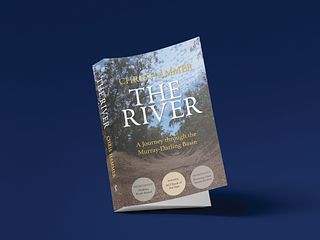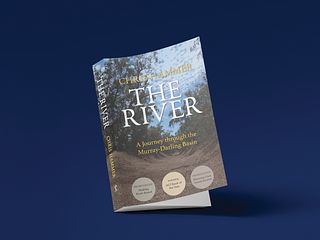In Conversation: Chris Hammer on The River (VIC)
Tue 08 July at 6:00PM
Readings Hawthorn, 687 Glenferrie Rd, Hawthorn VIC 3122
Join us to hear Chris Hammer in conversation about his bestselling classic book, The River.
You might have followed an outdated link, or mis-typed the URL.
Try going back to our home page.
Tue 08 July at 6:00PM
Readings Hawthorn, 687 Glenferrie Rd, Hawthorn VIC 3122
Join us to hear Chris Hammer in conversation about his bestselling classic book, The River.

Thu 10 July at 6:30PM
Burnside Library, 401 Greenhill Road Tusmore, SA 5065
Learn more about author Chris Hammer's prize-winning non-fiction book about the Murray Darling Basin.
